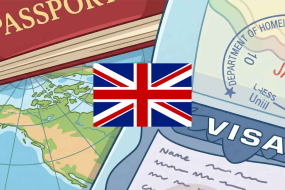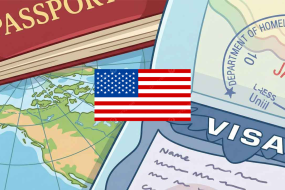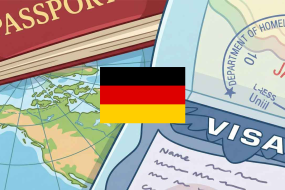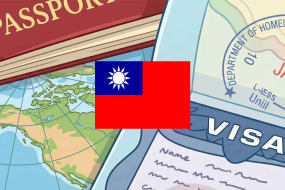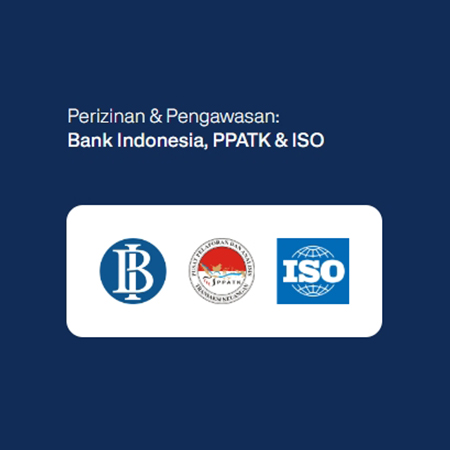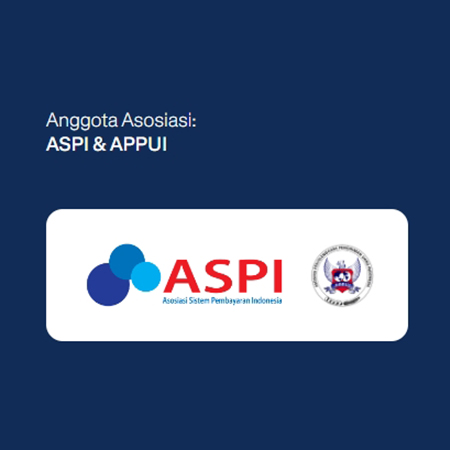
While not as well-known as some other European countries, Iceland is a nation with a stable, rapidly growing economy and a high standard of living. This small island country, located in the North Atlantic, is famous for its stunning natural landscapes, including glaciers, geysers, and the magical Aurora Borealis.
Beyond its natural beauty, Iceland’s economy thrives on key sectors like tourism, fishing, renewable energy, and technology. If you’re considering a career abroad, here are some of the most popular professions in Iceland.
Potential for Foreign Workers in Iceland
Iceland faces a significant labor shortage across various sectors, creating excellent opportunities for foreign workers to fill the gap. This shortage is largely driven by rapid industrial growth, particularly in tourism, and the country’s small population, as reported by The Reykjavik Grapevine.
The fact that a quarter of Iceland’s workforce consists of immigrants highlights the crucial contribution of foreign workers to the country’s labor market, according to The Directorate of Labour of Iceland. With a very low unemployment rate, Iceland is an appealing destination for those seeking international career prospects.
Although job opportunities are plentiful, prospective workers should consider a few key things. While a good command of English can be helpful in some sectors, fluency in Icelandic will drastically improve your career prospects.
The application process for a work and residence permit is also mandatory and often requires a pre-approved employment contract. With thorough preparation and a clear understanding of the market’s needs, foreign workers have a great chance of building a promising career in Iceland.
Recommended High-Paying Professions in Iceland

If you’re planning to move to Iceland, here are some of the most popular, well-paying professions to consider.
1. Specialist Doctor
The first popular profession is a specialist doctor. Iceland’s advanced healthcare system creates high demand for specialists. This profession includes surgeons, cardiologists, oncologists, and radiologists, who hold great responsibility for providing quality medical services.
Medical education in Iceland takes six years, followed by a residency program of four to seven years, depending on the specialty. The high salaries reflect the job’s complexity and the urgent need for skilled professionals. In a city like Reykjavik, a specialist doctor can earn up to 300 million IDR per month, including bonuses and medical allowances.
2. Geothermal Engineer
Iceland is a global leader in utilizing geothermal energy, which powers almost all households for heating. This sector accounts for 24% of the national electricity production and forms the foundation of the country’s green economy. A Geothermal Engineer designs power plants, optimizes geothermal heat extraction efficiency, and ensures environmental sustainability.
To become a Geothermal Engineer, you need a degree in geological engineering, renewable energy, or environmental engineering. The University of Iceland offers specialized programs that often involve research projects with companies like Orka Energy or HS Orka. With the government’s target to increase geothermal energy capacity by 2030, demand for this profession is expected to rise in the next five years.
3. Chief Executive Officer (CEO)
As a company leader, a CEO is responsible for business strategy, operational management, and innovation. CEOs at major Icelandic companies like Icelandair (the national airline), Arctic Adventures (a tour operator), or ON Power (an energy company) can earn up to 500 million IDR per month, including performance bonuses and company shares.
An ideal CEO profile typically includes at least 10 years of leadership experience, an MBA from a reputable university, and the ability to adapt to global trends like digitalization and sustainability. The Icelandic government also actively supports the growth of tech startups, creating opportunities for young CEOs to lead new companies focused on AI, green energy, or sustainable tourism.
4. Corporate Lawyer
With a stable economic growth, the demand for corporate lawyers in Iceland continues to increase, especially in the energy, tourism, and technology sectors. Their primary duties include drafting contracts, resolving disputes, and ensuring compliance with national and international regulations. Renowned law firms like Arion Legal or Kjartans Advokatfélag offer salaries up to 250 million IDR per month for senior lawyers.
To become a corporate lawyer, you need a law degree from an accredited university, a practicing license from the Icelandic Bar Association, and fluent English. Iceland’s attractive tax policies have also made it an international business hub, so corporate lawyers often handle transnational cases such as foreign investments or company mergers.
5. Information Technology (IT) Expert – Cybersecurity Specialist
Iceland has become a global data center hub thanks to its stable digital infrastructure and cheap geothermal energy. Companies like Verne Global need Cybersecurity Specialists to protect sensitive data from digital threats. Their tasks include risk analysis, firewall development, and responding to cyberattacks.
A Cybersecurity Specialist’s salary in Iceland ranges from 80-150 million IDR per month, depending on their experience and certifications like CISSP (Certified Information Systems Security Professional).
6. Tourism Manager
Tourism contributes one-tenth of Iceland’s GDP, with millions of tourists visiting the country in 2024. A Tourism Manager is responsible for managing the operations of hotels, travel agencies, or tourist destinations.
With more than five years of experience, their salary can reach up to 140 million IDR per month, making it a very popular profession in Iceland. The country’s focus on sustainable tourism encourages tourism managers to implement environmentally friendly practices. Training programs from the Icelandic Tourism Industry Association (TUI) help professionals understand the latest industry standards.
7. Fisheries Engineer
The fisheries industry is the backbone of Iceland’s exports. A Fisheries Engineer develops eco-friendly fishing technology, optimizes processing, and manages marine resources. Companies like HB Grandi or Samherji offer competitive salaries for engineers with degrees in mechanical, marine, or marine biology engineering.
Iceland has implemented a strict fishing quota system to ensure the sustainability of fish stocks. Fisheries Engineers are also involved in research on aquaculture, which can reduce pressure on natural ecosystems.
Read Also Top 8 Promising Business Opportunities in Switzerland This Year
8. Commercial Pilot
The last popular profession in Iceland is a commercial pilot. Airlines such as Icelandair and Play Airlines need commercial pilots to connect Iceland with Europe and North America. Pilots’ salaries range from 80-150 million IDR per month, depending on flight hours and the type of aircraft they operate.
To become a pilot, you need an EASA (European Union Aviation Safety Agency) license and intensive training at institutions like the Loftleiðir Icelandic Flight Academy. Good English skills are also a plus. Iceland offers scholarship programs for young citizens who want to pursue a career in aviation.
Types and Requirements for Work Visas in Iceland
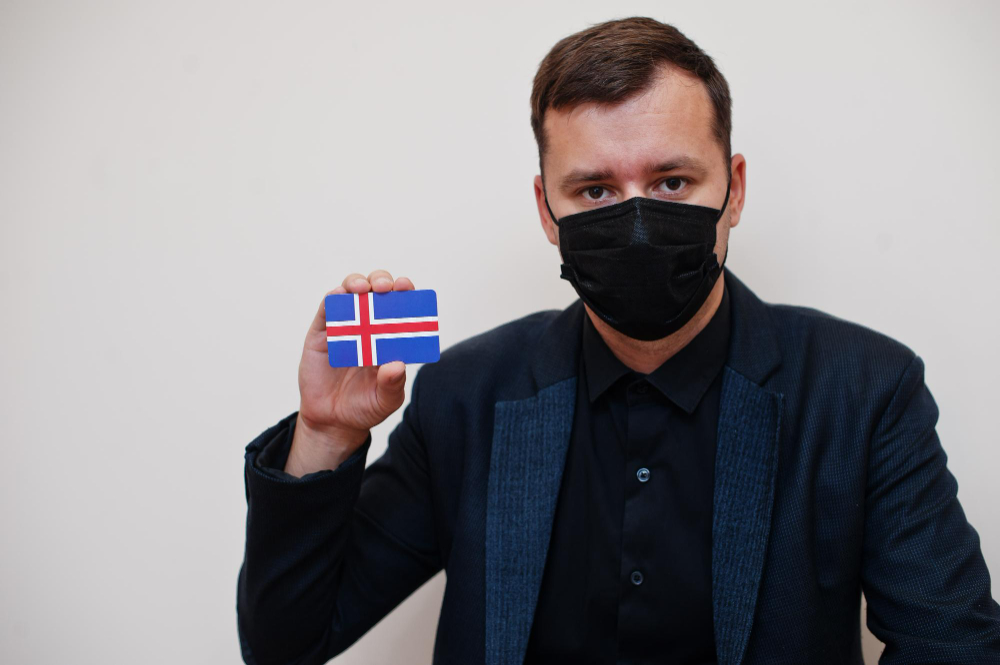
As a member of the Schengen Agreement and the European Economic Area (EEA), Iceland facilitates the movement and employment of citizens from member countries. They do not need a visa or a work permit, but they must register with the Registers Iceland if they plan to stay for more than three months.
For citizens outside of these areas, various visas are available for specific purposes like tourism, study, or business, but these visas do not allow them to work. To work legally in Iceland, foreign citizens must have a residence permit that includes a work permit.
The Directorate of Immigration issues these permits, which have different categories, such as for jobs with labor shortages or those requiring specialized skills. A work permit is also necessary for those who already have a residence permit for other purposes, like studying or family reunification, if they wish to work.
The Application Process for a Work and Residence Permit
To get a work and residence permit, applicants must submit several key documents, including an employment contract, a copy of their passport, a photo, health insurance, and an original criminal record check. Information about qualifications and education must also be included with supporting documents.
The application process begins with a work permit application through the Directorate of Labour, which is usually handled by the recruiting company. Once the work permit is verified, the applicant can apply for a residence permit at the Icelandic embassy or consulate. This residence permit also serves as an entry visa to the country. Once all these permits are secured, the foreign worker can begin their career in Iceland.
Read Also Popular Professions in Spain for Indonesian Migrant Workers (TKI) in 2025
Staying Financially Connected While Living Abroad
Planning to build your career abroad but unsure how to manage international money transfers? No need to worry.
Download the Transfez App
The Transfez app helps you send money overseas quickly, efficiently, and cost-effectively. Jack Finance also supports cross-border transactions for businesses. Whether you’re sending money to loved ones abroad for education, work, or travel, Transfez is ready to help. Available on Android and iOS.





